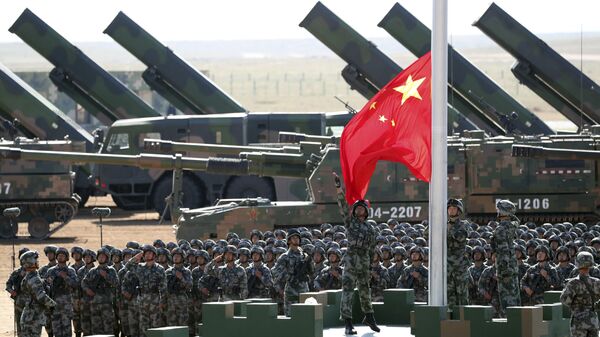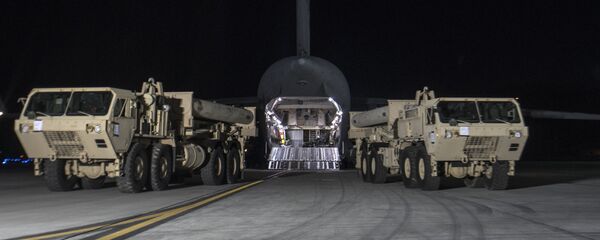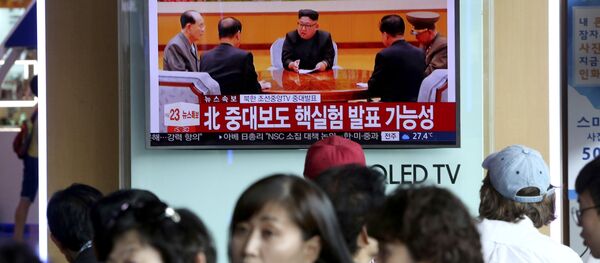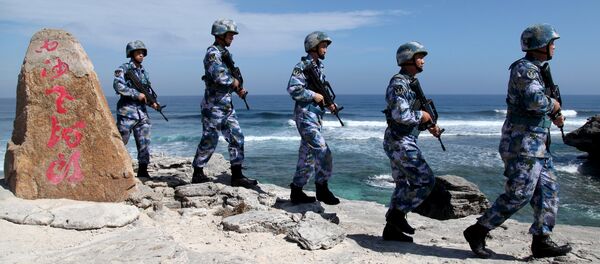The exercises included anti-aircraft defense battalions around the Bohai Sea, a Beijing-controlled gulf bordering the larger Yellow Sea, which separates China from the Korean Peninsula. The troops practiced shooting down low-altitude missiles crossing the Bohai Sea, and Beijing claimed success in the operation.
"The troops' rapid response capabilities and actual combat levels have effectively been tested," reported 81.cn, a Chinese military website. The test was also meant to see if the soldiers could handle unexpected events, such as a simulated chemical attack.
"In the past, our strategies and guidelines focused on territorial air defense. Now we are shifting our attention to honing our ability in terms of long-range strategic projection and long-range strike," said Lieutenant General Ding Laihang, commander of the PLAAF, to 81.cn.
Instead of just being a "strategic force," Laihang added, the PLAAF "will continue to carry out long-distance training over oceans."
Of course, when a country launches defensive military exercises, it raises a question: who do they fear they'll have to defend themselves from? The exercise comes just days after North Korea, China's ally, tested a nuclear weapon for the first time in a year. The weapon in question was a hydrogen bomb with a payload believed to be between 50 and 140 kilotons — by comparison, the atomic bomb dropped on Hiroshima by the US in 1945 had a 16 kiloton yield.
In response to the test, United States leadership stepped up their own bellicose rhetoric towards the Democratic People's Republic of Korea (DPRK). US Secretary of Defense James Mattis warned North Korea that "any threat to the United States or its territories including Guam or our allies will be met with a massive military response."
Mattis added that the US did not intend for the "total annihilation of… North Korea," but his rhetoric was a step up from his previous statements. Just a few weeks ago, analysts seemed optimistic about a thaw in the missile stand-off. That now feels like a distant memory.
The US continues to build up military forces in the region, and is currently in talks with South Korea to deploy additional aircraft carriers and strategic bombers to the Korean Peninsula in case they decide to launch a tactical strike against North Korean missile sites.
But Beijing opposes the presence of the American military so close to their borders, and has in the past stated that they would take an invasion of North Korea as an act of war against China itself.
"China should also make clear that if North Korea launches missiles that threaten US soil first and the US retaliates, China will stay neutral," read an August editorial in the state-owned Global Times. "If the US and South Korea carry out strikes and try to overthrow the North Korean regime and change the political pattern of the Korean Peninsula, China will prevent them from doing so."
In July, the US tested their own ability to shoot missiles out of the sky in the Korean Peninsula.







